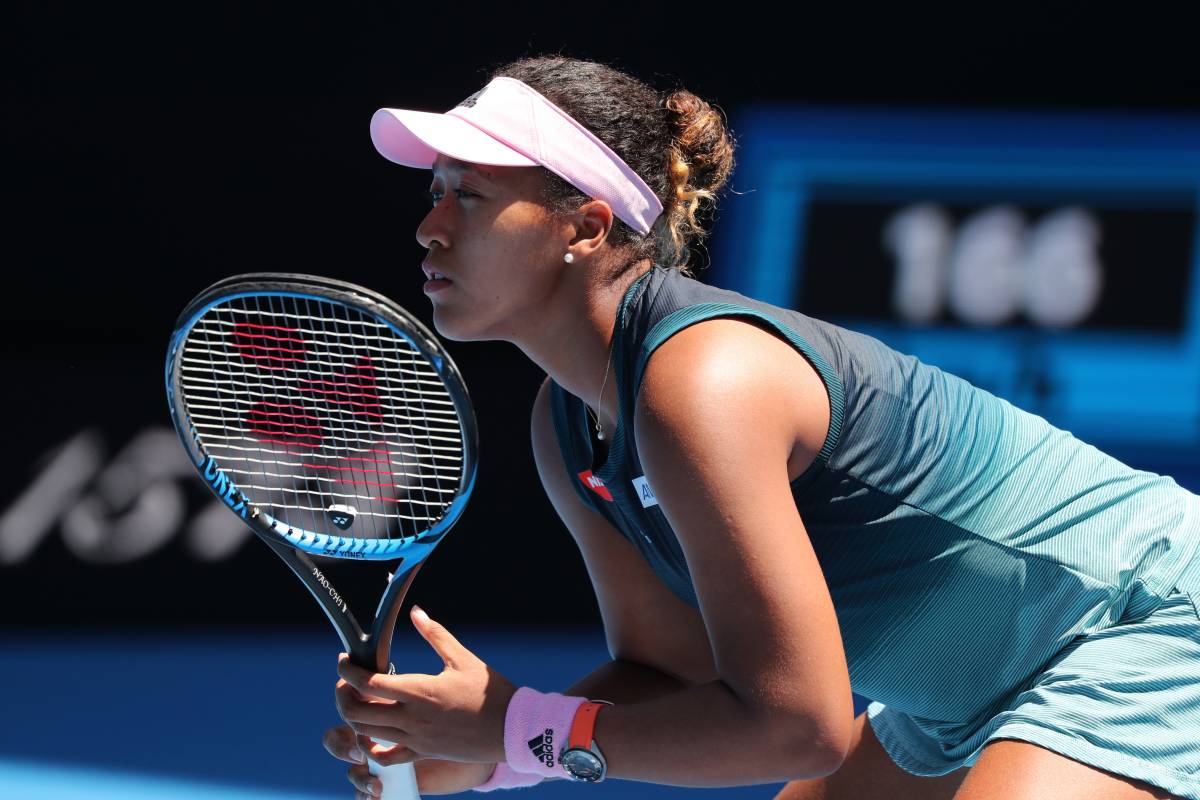Teach student-athletes that mental health issues are on a par with physical ones, paper suggests
Young athletes should be encouraged to see mental health and wellbeing as being on a par with a physical injury, according to an editorial in the latest issue of the British Journal of Sports Medicine.
The paper, written by a Canada-based team led by Nicholas Grubic from the department of public health sciences at Queen's University, Kingston, Ontario, is titled Competing against Covid-19: have we forgotten about student-athletes’ mental health?

The authors define student-athletes as those who ‘participate in secondary or postsecondary school sport programmes during their academic studies’.
Young people who fall into this category should learn that mental health issues may require ongoing management and treatment, just like their physical equivalents.
Naomi Osaka
Given the media storm over this week’s withdrawal of tennis champion Naomi Osaka from the French Open, the paper’s key messages may carry some additional resonance (even though it first appeared before these recent events).
In a series of pointers on keeping in touch with student athletes in the Covid-19 era, contained in a link labelled supplemental information, the authors call on individuals and teams to:
- organise regular virtual meetings with other student-athletes, coaches, and team staff to connect, destress, and provide ongoing support
- engage regularly in mindfulness and self-care practices, such as yoga, meditation, exercise, reading and mindful breathing
- seek help from academic support services at your institution, if needed
- be aware, knowledgeable, and willing to access mental health support and resources in your area or institution
- access telephone support services, such as the Samaritans
The additional strain from the removal of team support networks, which are often crucial components for stress management, can result in significant mental and physical health consequences, including low mood [and] sleep disruption [Nick Grubic et al.]
Mr Grubic and his colleagues argue that the Covid-19 pandemic triggered ‘significant grief and frustration, attributed to alterations in routine, limited or modified training and the postponement of sporting events across the globe’.
‘The additional strain from the removal of team support networks, which are often crucial components for stress management, can result in significant mental and physical health consequences, including low mood, sleep disruption, worsening diet and deconditioning,’ they note.
They point to research suggesting that physical activity can directly alleviate the ‘general negative emotions’ that many students have expressed as the pandemic spread.
‘A recent study of over 13,000 US secondary school athletes found that 68.5 per cent and 70.4 per cent of participants reported mild to severe anxiety and depression symptoms, respectively.
'In comparison with non-athlete students, it is clear that student-athletes are an at-risk population who may require additional mental health support and tailored approaches to care.'
How should student-athlete mental health concerns be addressed?
The authors suggest the onus to seek and initiate care should not solely be placed on the student. ‘It is incumbent upon sporting organisations and academic institutions to screen, manage and monitor the mental health of their student-athletes.
‘In addition to the recommended psychotherapy, pharmacotherapy and alternative care strategies intended to manage the mental health of elite athletes during Covid-19, student-athletes require further tailored approaches that suit their scholarly and athletic lifestyles.’
The article concludes by suggesting that organisations such as British Universities & Colleges Sport should conduct regular mental health surveys on the needs of student-athletes and athletic support team members. Visit: https://www.bucs.org.uk
Recommendations for academic institutions are also offered.
To access the article, which is available free of charge, visit: https://bjsm.bmj.com/content/early/2021/05/27/bjsports-2021-104218
Author: Ian A McMillanShare it with














